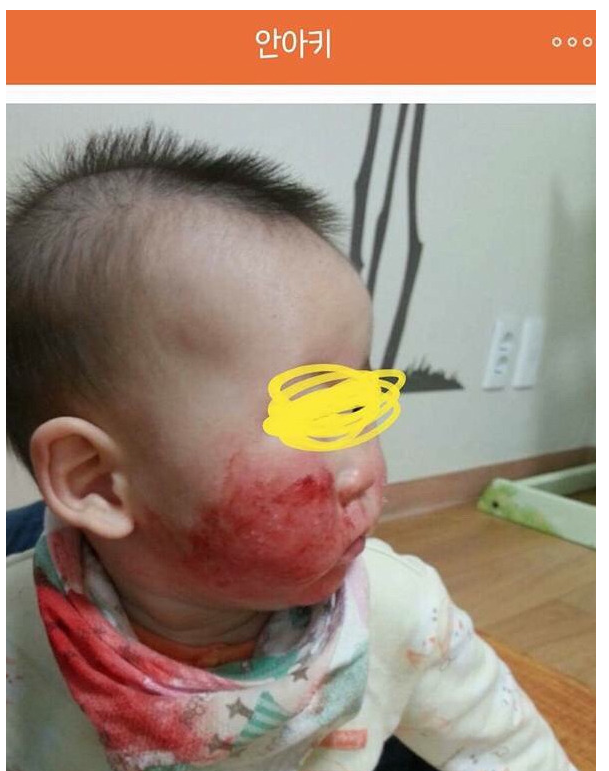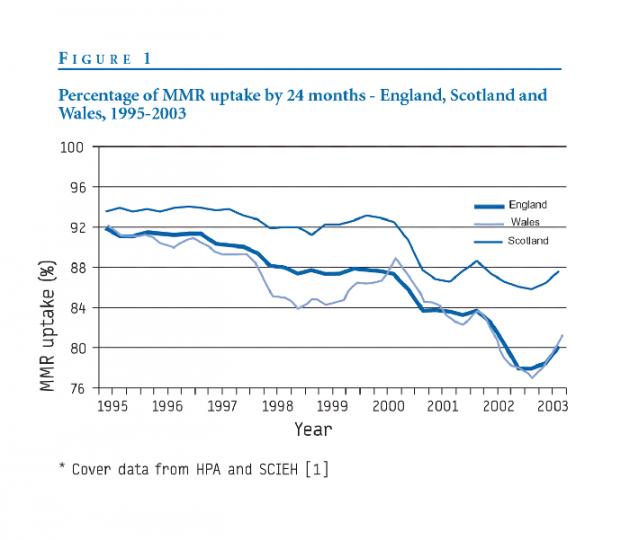The domestic medical community has brushed aside as “groundless and nonsensical” the controversy over an extremely naturalistic child-rearing method, ignited by an Internet community called the “Anaki.”
Anaki is a Korean abbreviation which roughly means the raising of children without using medicine, denying the proven effects of vaccines and other medications in treating potentially fatal diseases.
As the debate becomes heated, the Korean Medical Association stepped in and held a news conference at its office in Yongsan, Seoul, Tuesday, repudiating the controversial trend by citing its problems one by one.

Anaki, headed by an oriental medicine doctor, is an online community of parents who exchange unprofessional medical advice in treating children’s diseases.
For example, the members of the Anaki site advise parents to not vaccinate children, do nothing for babies having a high fever, wash their nostrils with soybean sauce, bathe burnt children in the warm water, treat children with intestinal obstruction with salt water and bask atopy patients in the sun. “All these therapies have no medical grounds whatsoever, and can aggravate symptoms further,” the association said.
The KMA denounced the online community and accused the herb medicine doctor of spreading false medical advice and putting the lives of others in danger. The online community has recently shut down its site.
In the United States, the Center for Disease Control and Prevention (CDC) has also dealt with the spread of false information about serious ailments such as chickenpox. To address the prevalence of dangerous practices, the CDC officially issued a warning against “chickenpox parties,” which were held to intentionally expose a child with chickenpox to other children in hopes that they will get the disease. The federal agency warned that the safest way to protect infants and children against chickenpox is to get them vaccinated.
However, a high level of mistrust regarding vaccines exists worldwide, which can be tracked back to rumors that originated from a study conducted in 1998 by the Lancet, a medical journal. Lancet had published a research paper that correlated the use of MMR vaccines for children with Down syndrome, according to Eom Joong-sik, a Gachon University professor who spoke at the press conference. Following the paper’s publication, the uptake of vaccines in the U.K dropped by 80 percent amid widespread fear about vaccines, the professor added.

KMA President Choo Moo-jin clarified that vaccines are science-based and evidence-based, and addressed the denunciation of the online community as an effort “to block the spread of wrong information that can lead to fatal consequences.”
Other officials denounced the online community for adhering to medical treatment that has no scientific evidence, and for disseminating the practice onto others. Professor Eom also pointed out that numerous studies conducted over the past several years had proven the safety and efficacy of vaccines as evidenced by accumulated data.
“Doctors use standardized treatment methods and equipment that is proven safe for the patient. Even though doctors may seem like they are prescribing medication quickly, they are using the standard procedure,” Professor Eom said. “The Internet community and its pushers are even worse than ‘fake news’ in that they inflict damages on mothers, who are relatively weak in medical relationship, for personal gains.”
The KMA head agreed, saying, “We, at the KMA, are trying to protect the citizen’s safety and help them distinguish real medical treatment from fake ones.”

